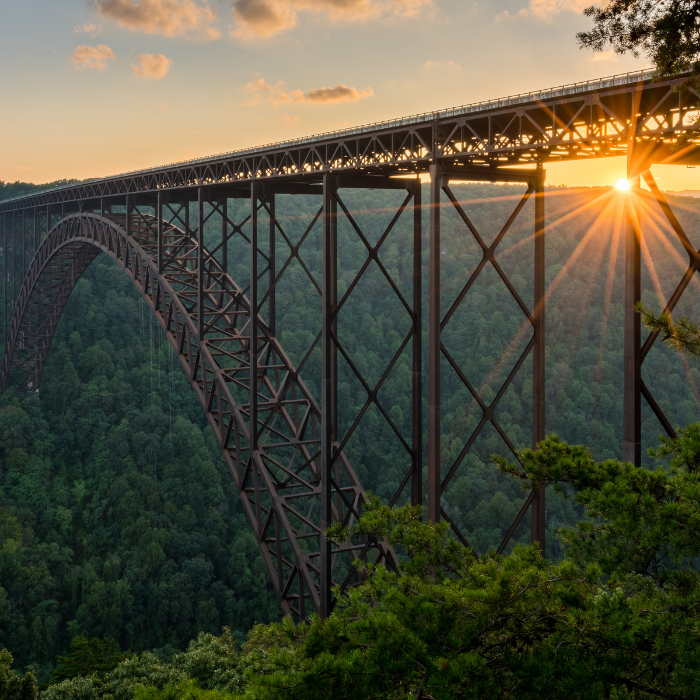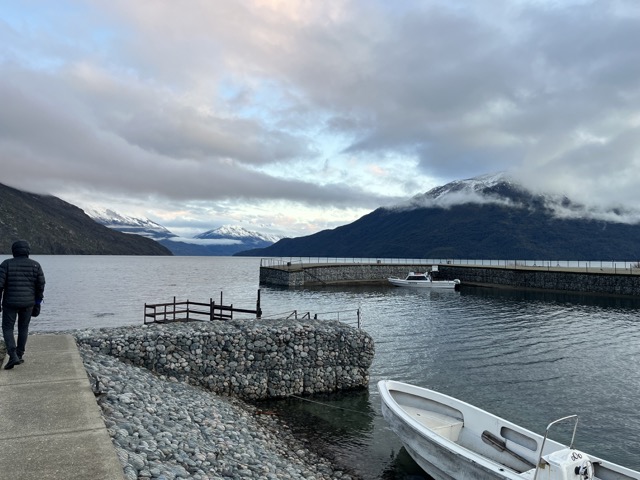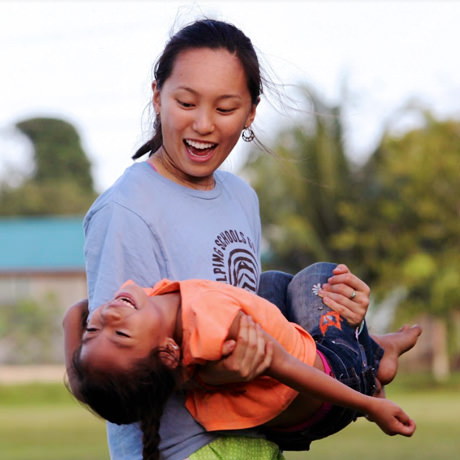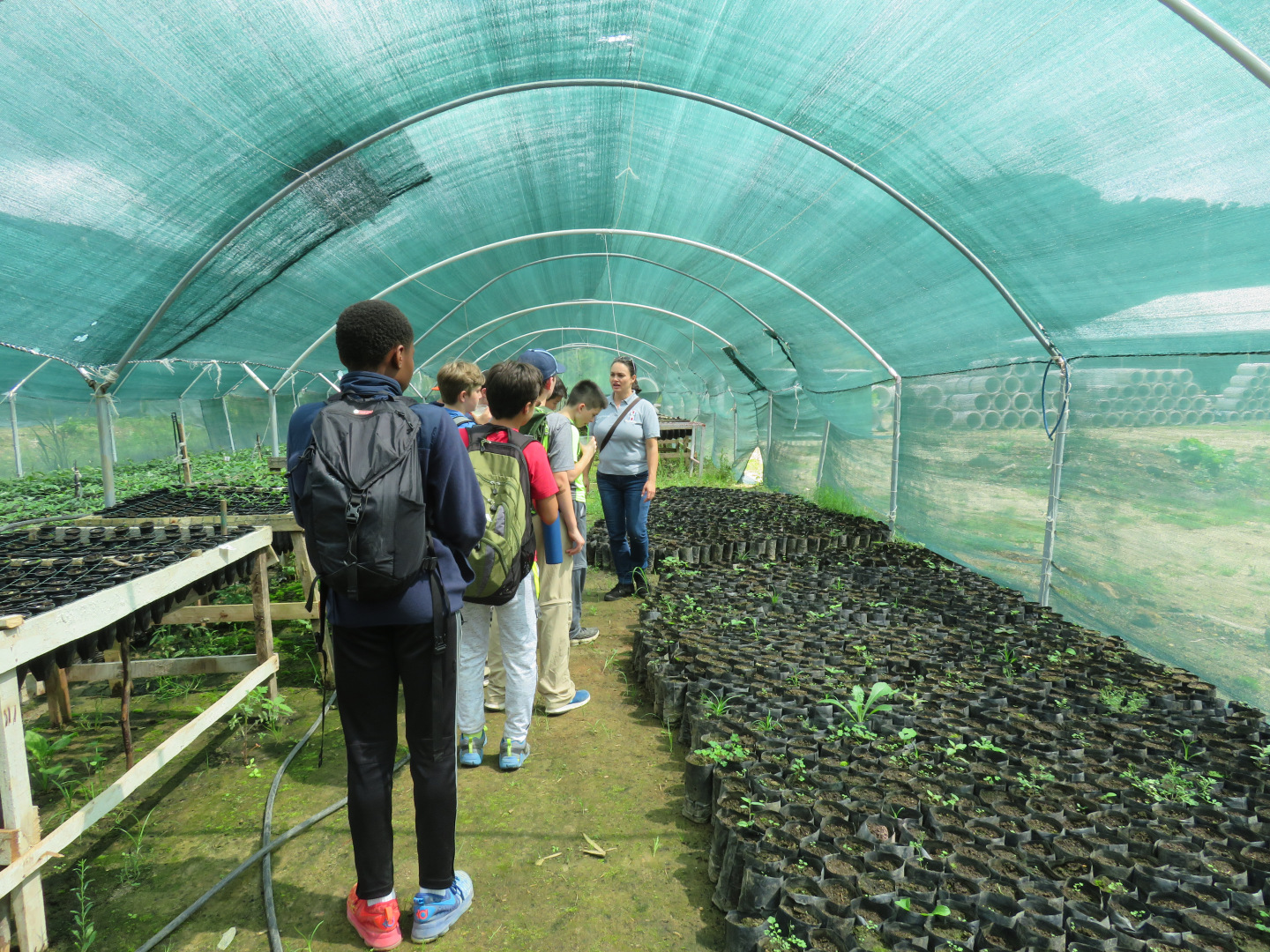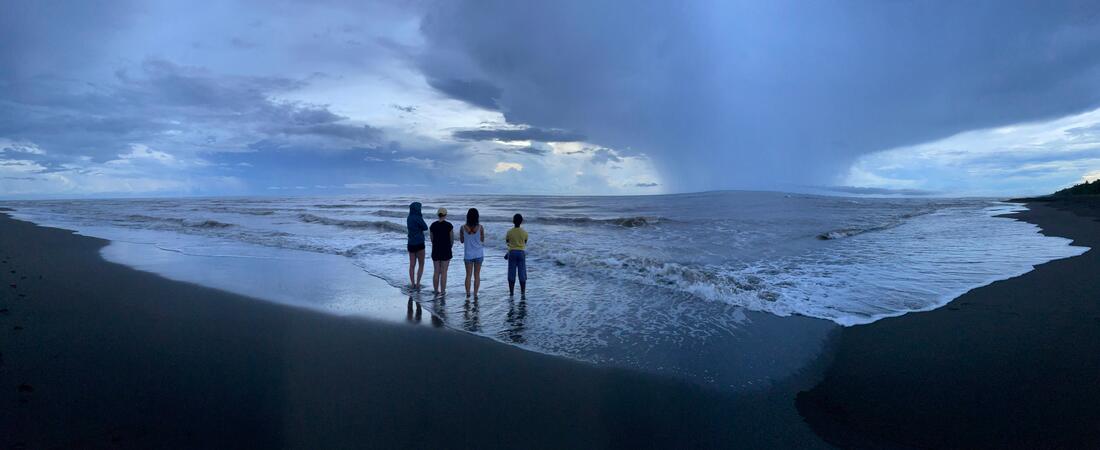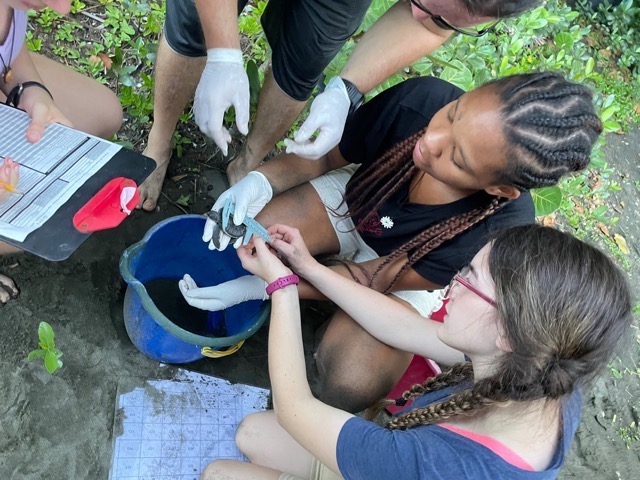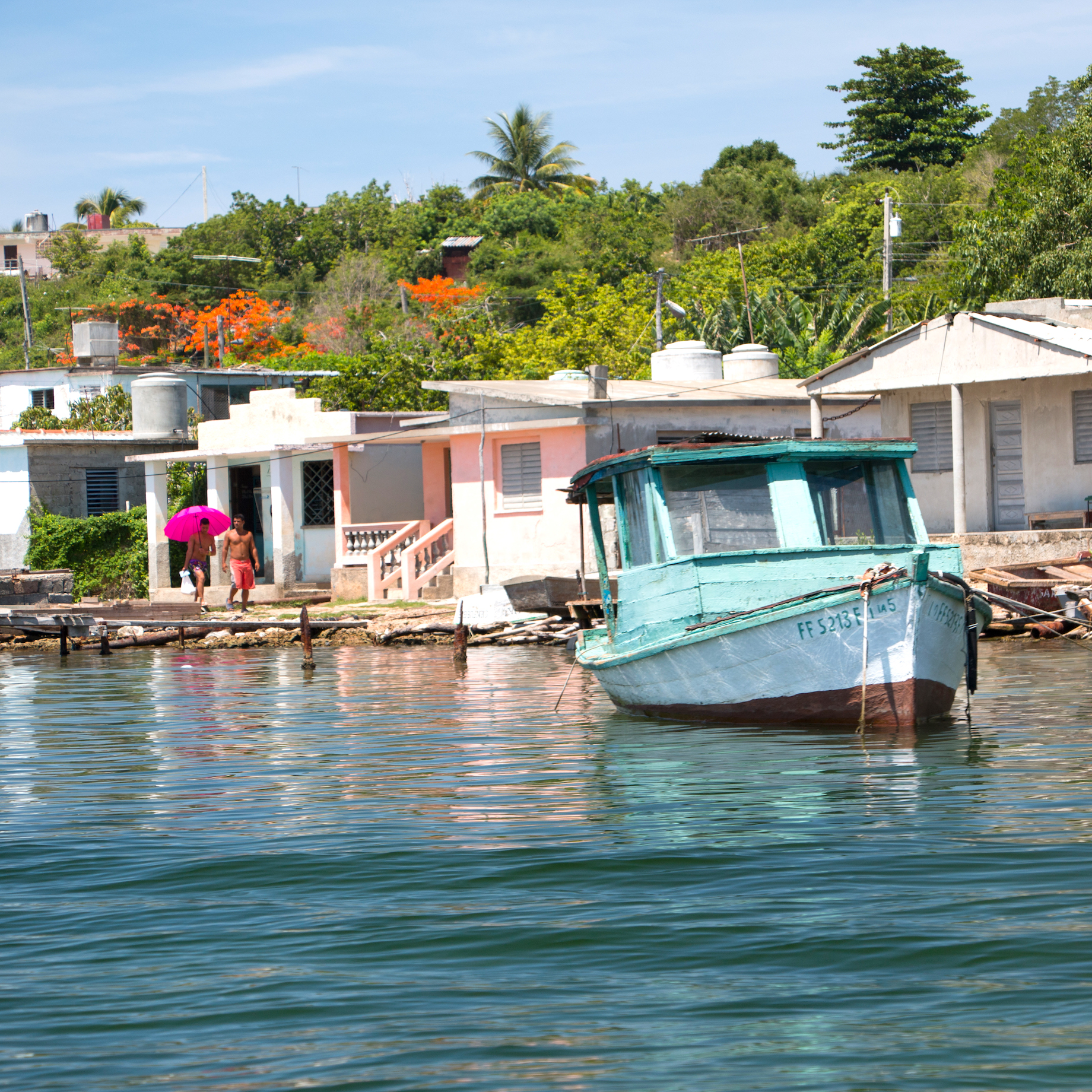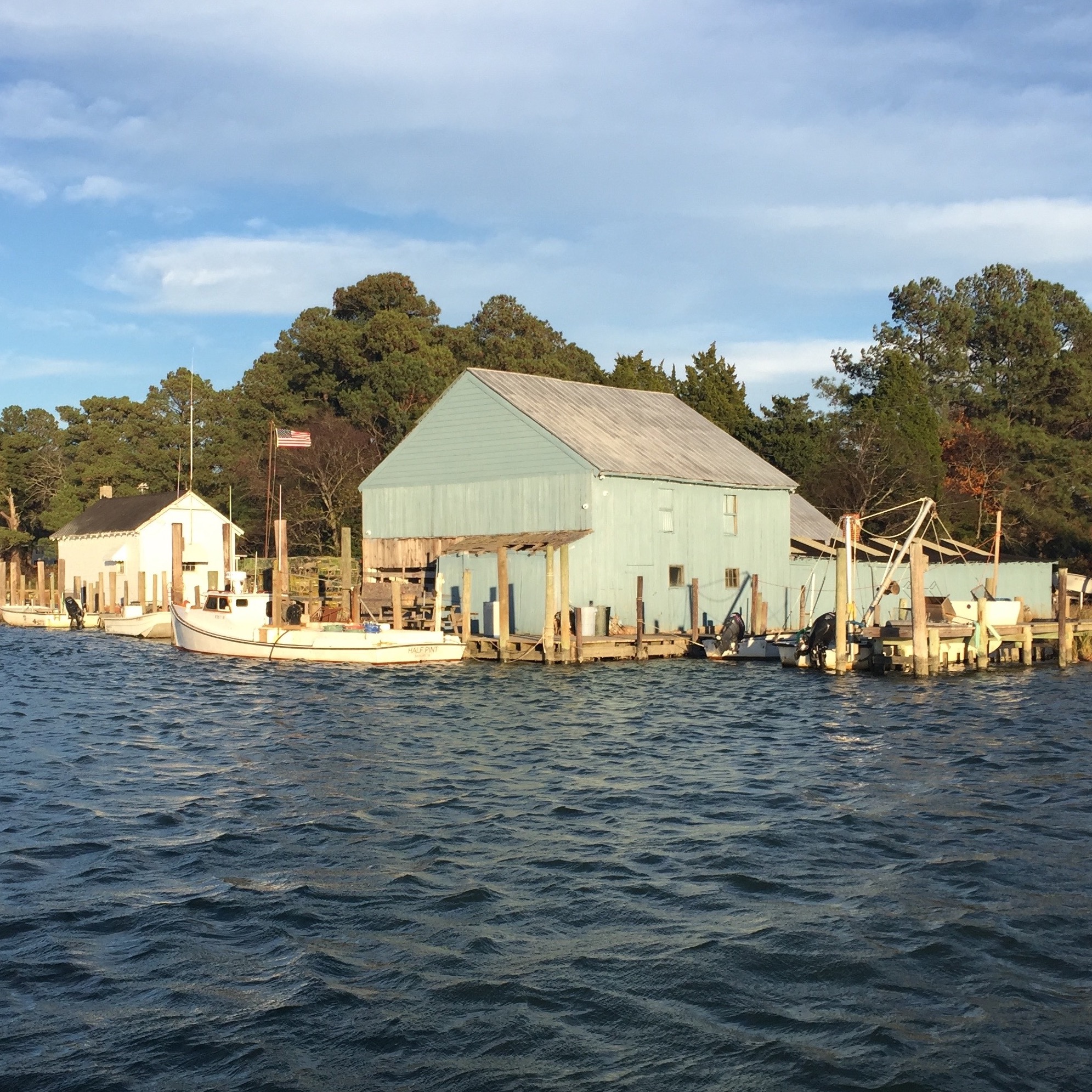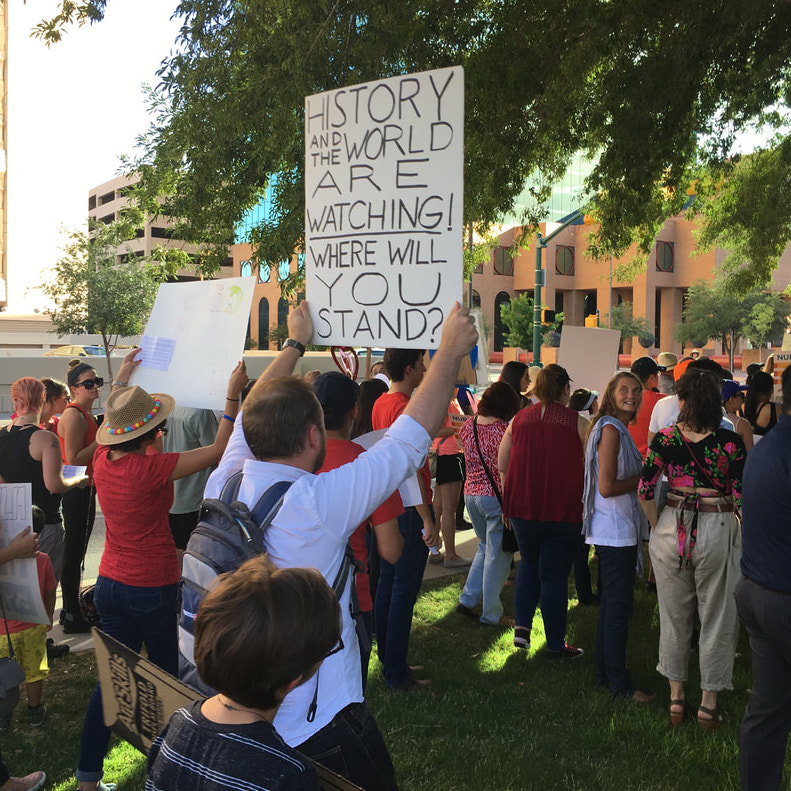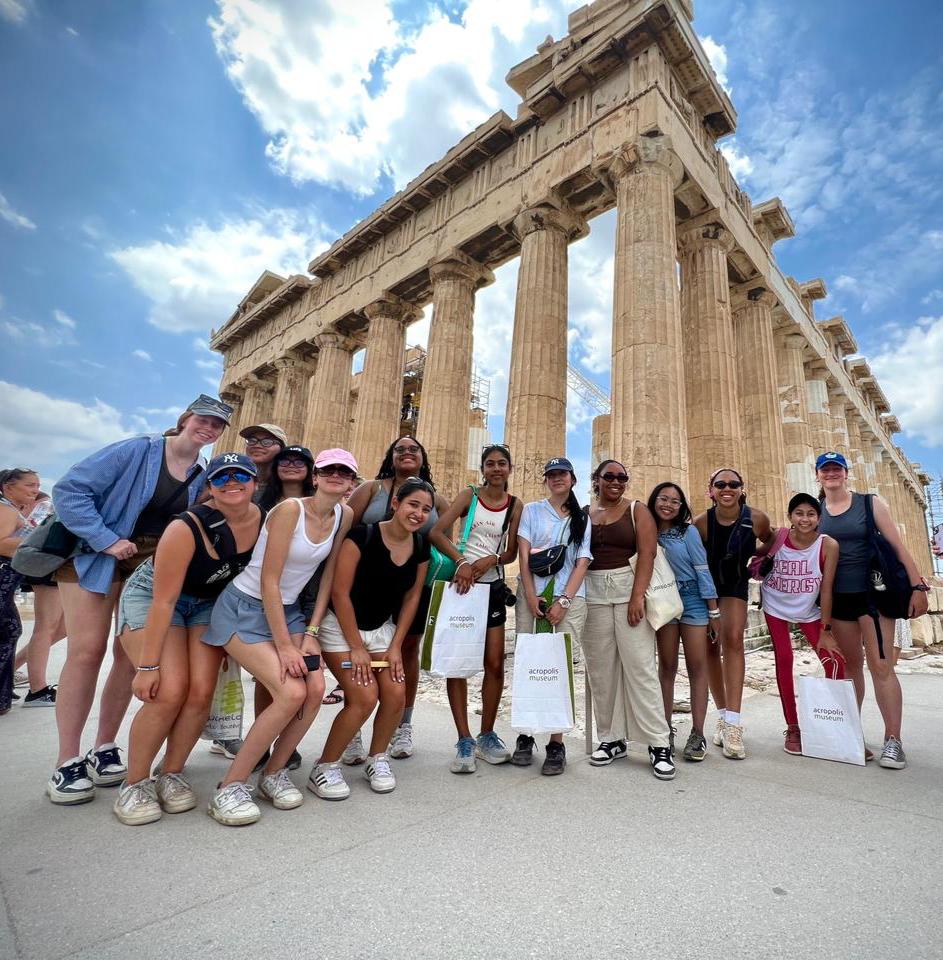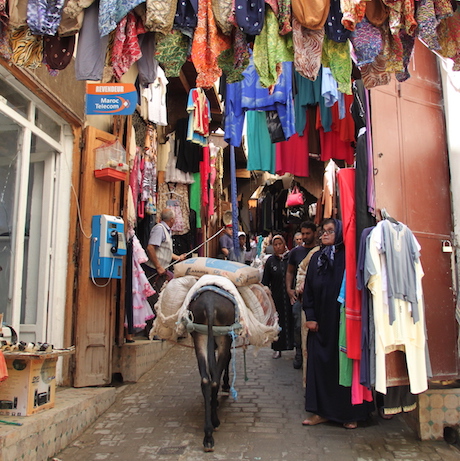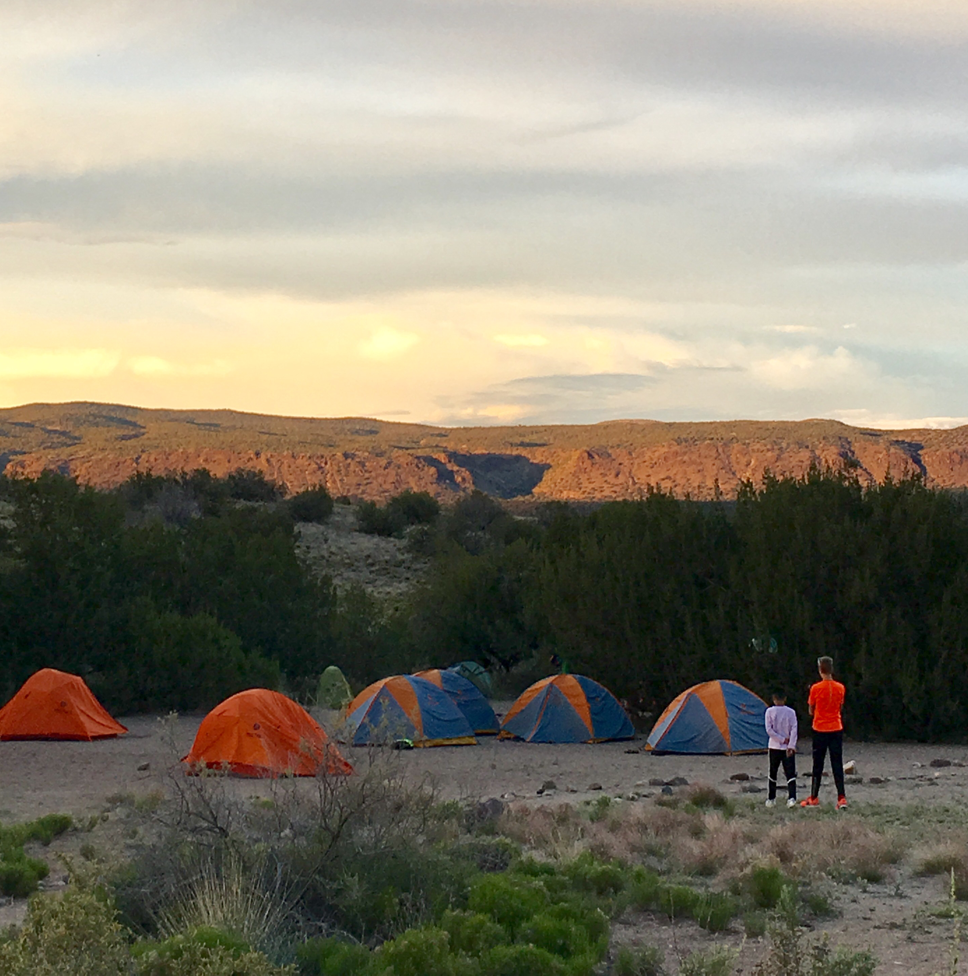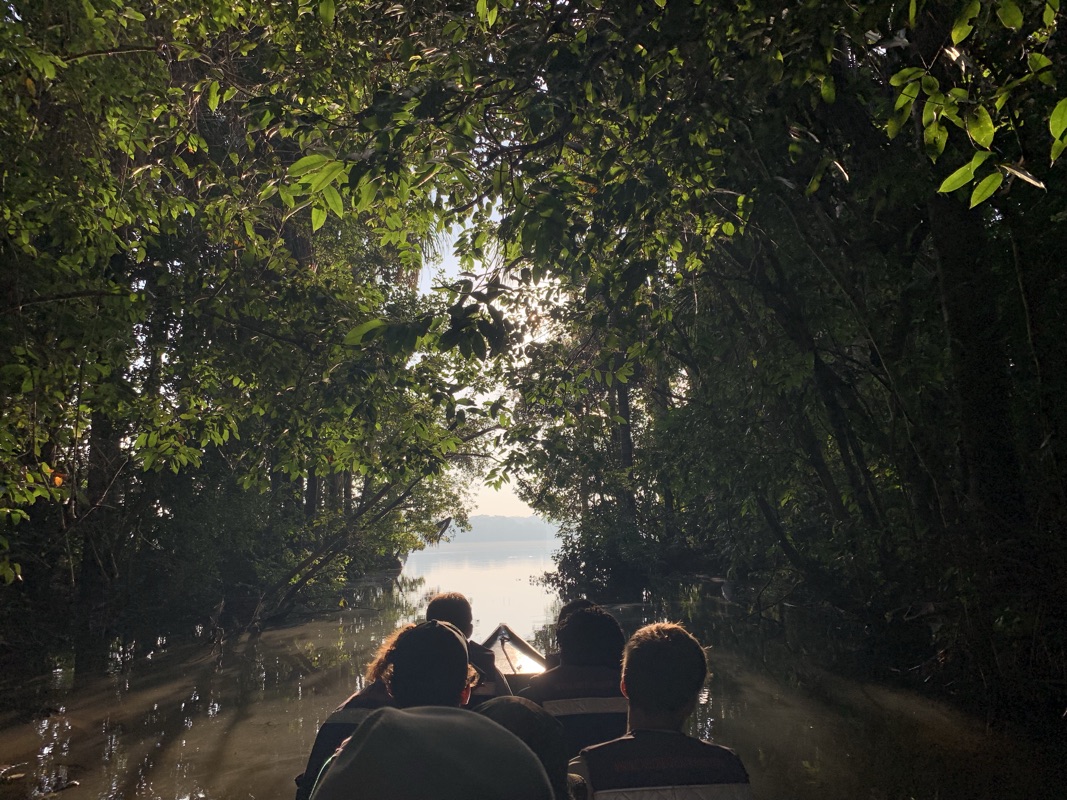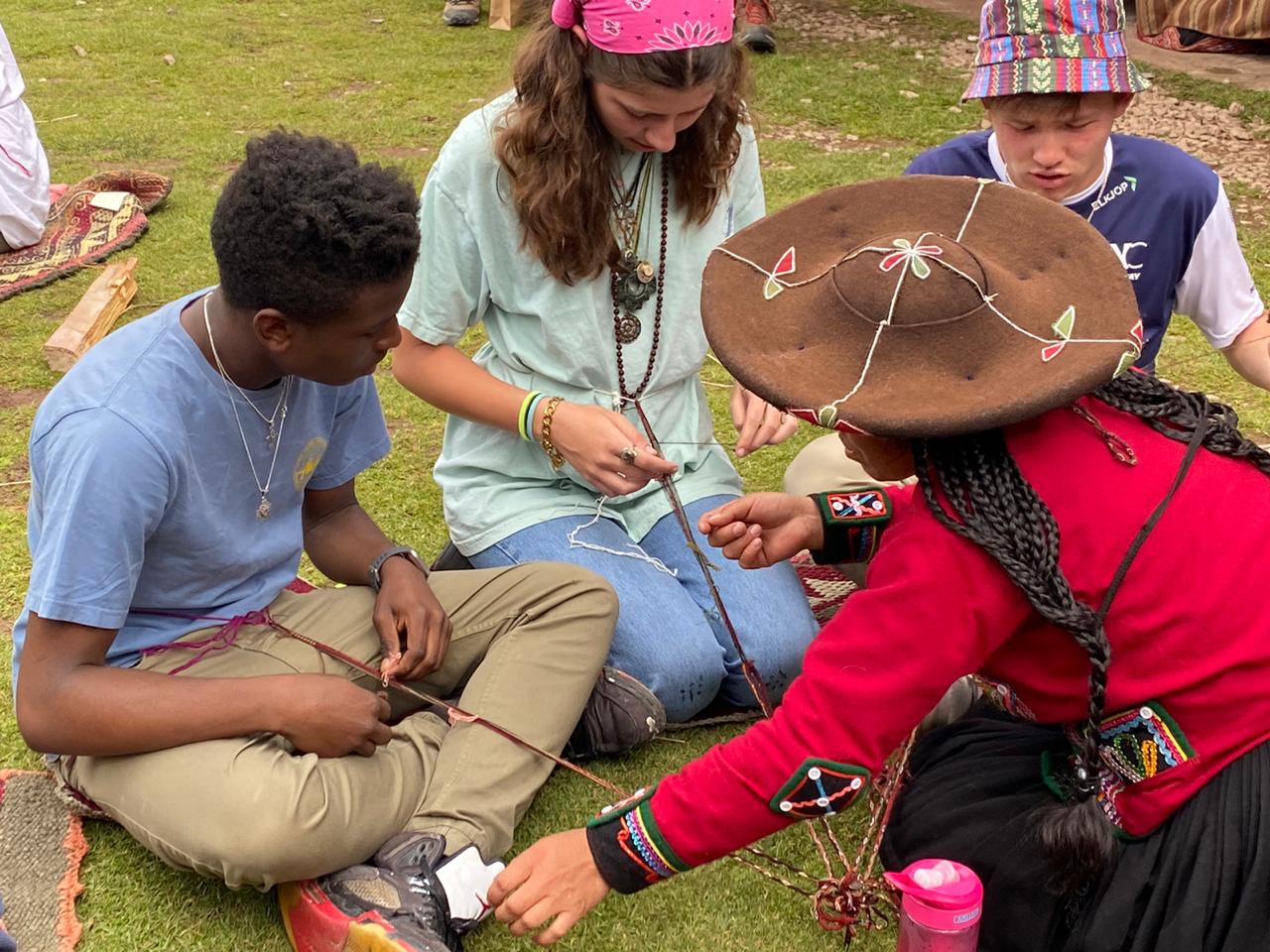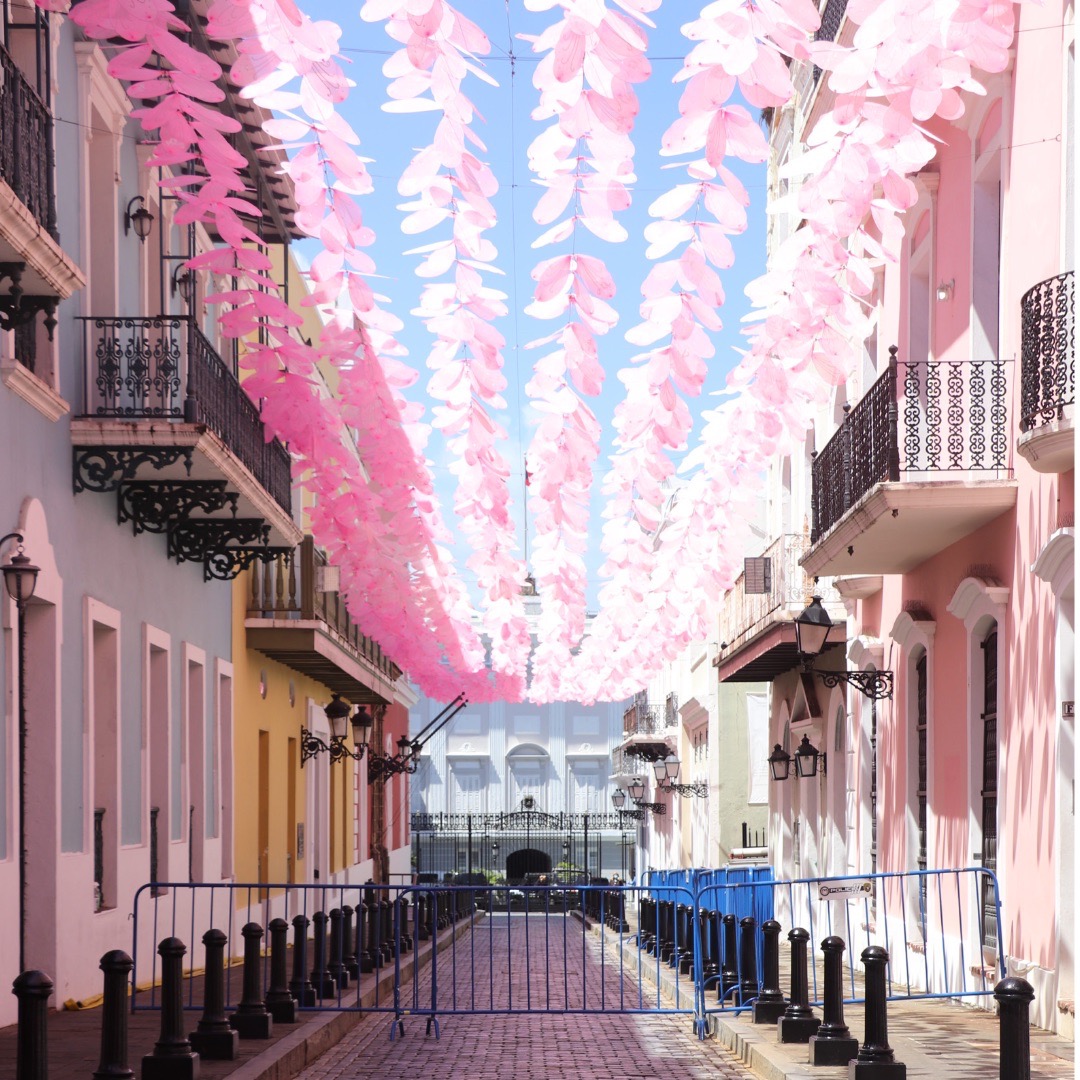Reimagining Global Travel
Global education has always been bigger than travel. Our Virtual Immersions allow students in any classroom, anywhere, to connect to the people, places, and challenges that are key to our planet’s future. In these virtual projects, students advance through Asia Society’s four domains of Global Competencies: investigate the world, recognize perspectives, take action, and communicate ideas. Our Virtual Immersions widen access to global education, integrate with learning targets, and spark local community action.
Customized for your school – How Does It Work?
- You let us know your class schedule and learning goals.
- We customize a program according to your needs by focusing either on a Sustainable Development Goal (SDG) or a specific theme (see below).
- You meet with the WLS facilitator to establish roles. Teachers can step back and observe, or step forward and facilitate. Your choice.
- Launch!
For more information about our virtual programming, please reach out to Erin Hawk.
Explore Our SDG Virtual Immersions
Following Stanford’s D.School’s design process, our SDG Virtual Immersions allow students to explore, create, and iterate local solutions to global challenges. The Sustainable Development Goals were adopted by the United Nations in 2015 as an urgent call to action for all nations, developed and developing, to “end poverty, protect the planet, and ensure that by 2030 all people enjoy peace and prosperity.”
In an SDG Virtual Immersion, students travel virtually to World Leadership School’s locations in Africa, Asia, Latin America, or the USA. Students explore the SDG through community case studies, engage with local leaders, and work together in teams to design solutions and receive feedback. Below are a few possible locations and topics for exploration.
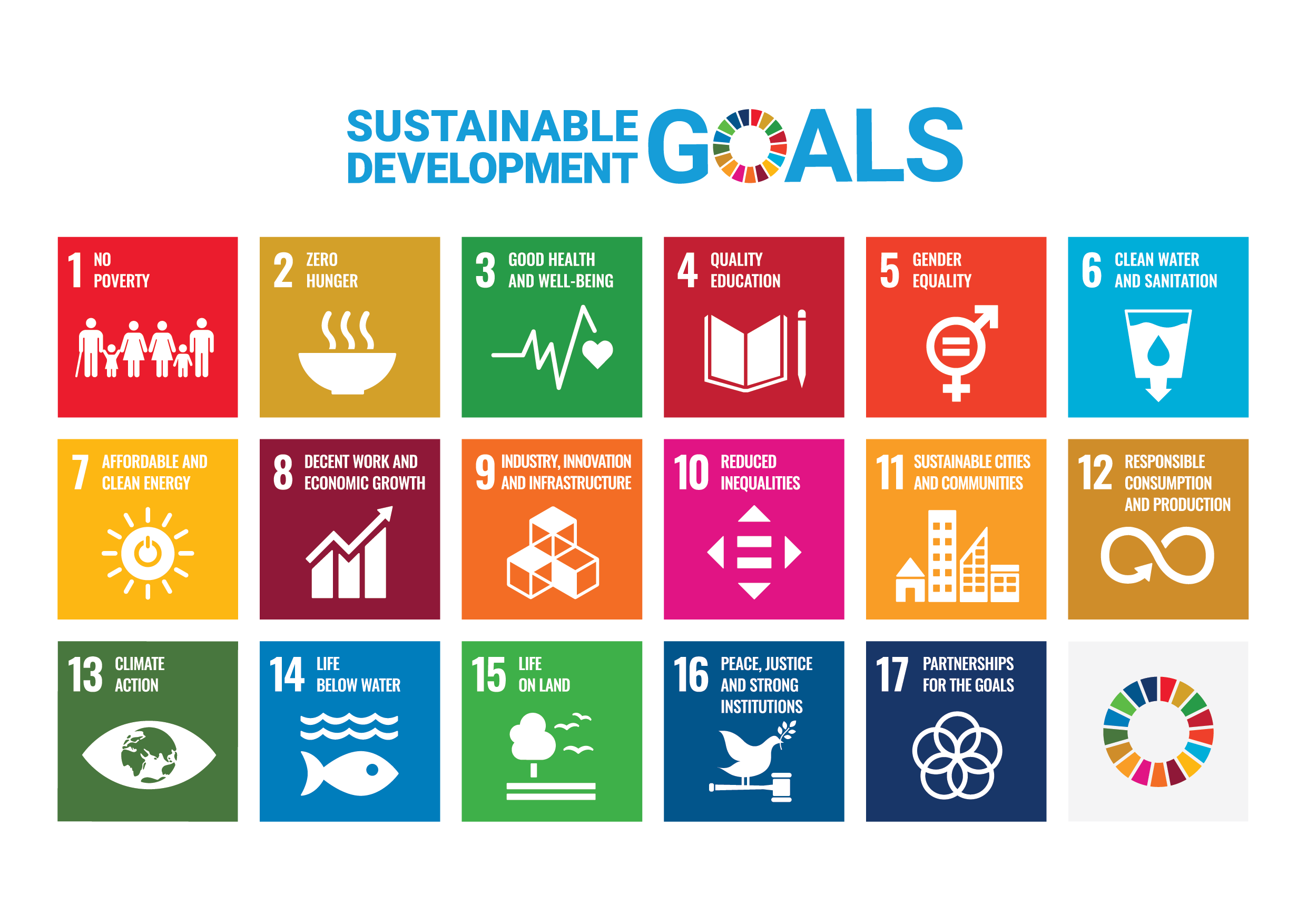
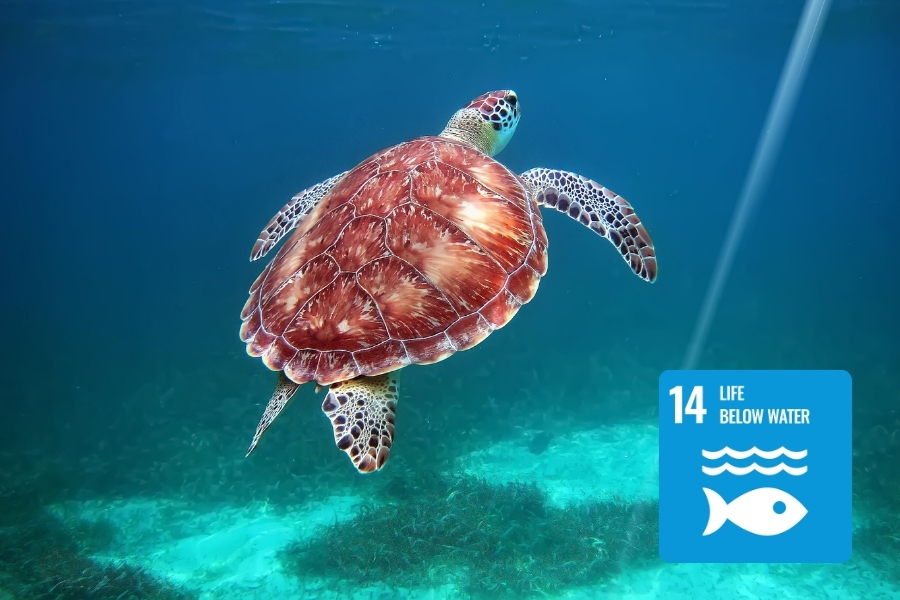
SDG #14: Life Below Water
Belize
SDG #14: Life Below Water
Belize
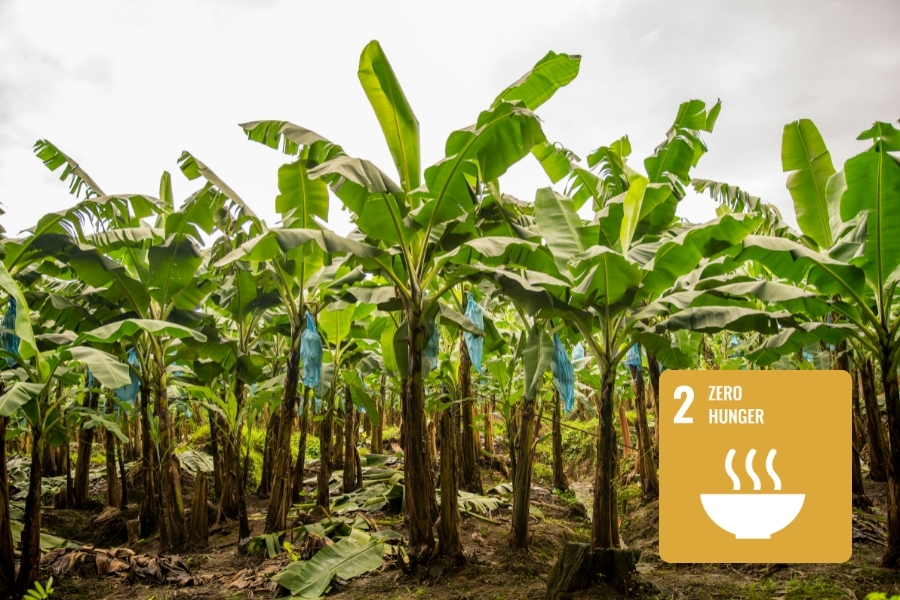
SDG #2: Zero Hunger
Costa Rica
SDG #2: Zero Hunger
Costa Rica
How might we, as consumers, examine the global food system to determine its future sustainability?
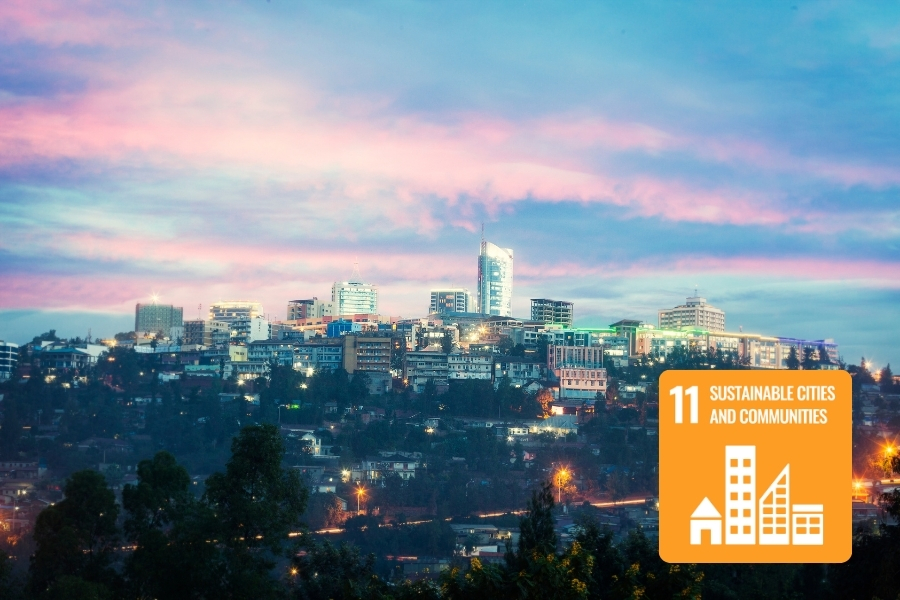
SDG #11: Sustainable Cities and Communities
Rwanda
SDG #11: Sustainable Cities and Communities
Rwanda
How might we better understand microloans and locally-led NGOs as a means for responsible global engagement?
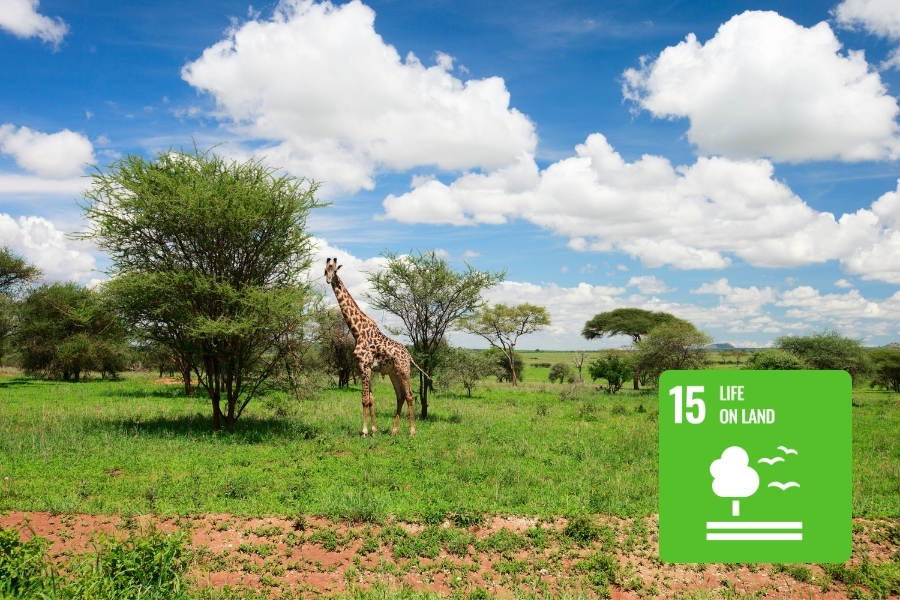
SDG #15: Life on Land
Tanzania
SDG #15: Life on Land
Tanzania
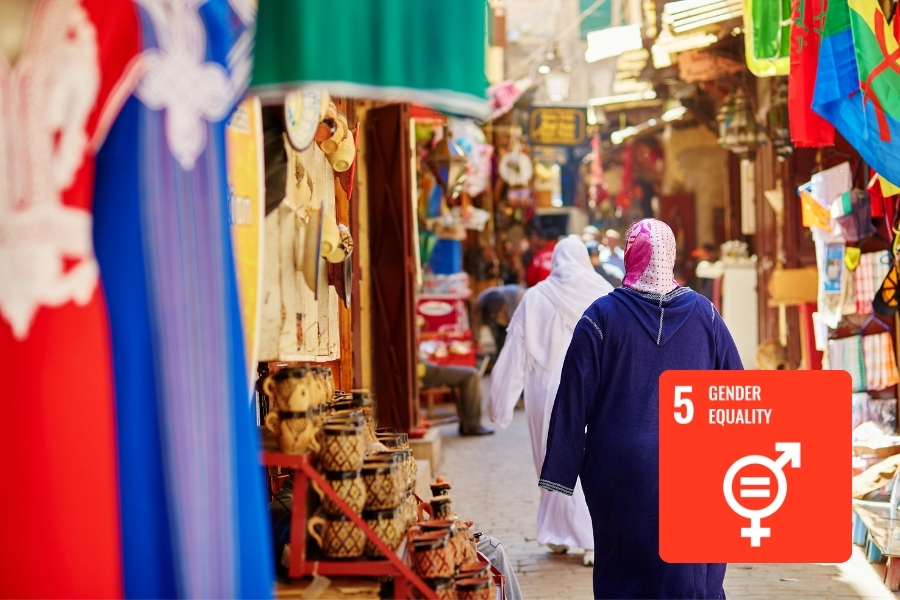
SDG #5: Gender Equality
Morocco
SDG #5: Gender Equality
Morocco
How might we explore Moroccan culture to better understand women’s empowerment and gender equality issues at home and abroad?
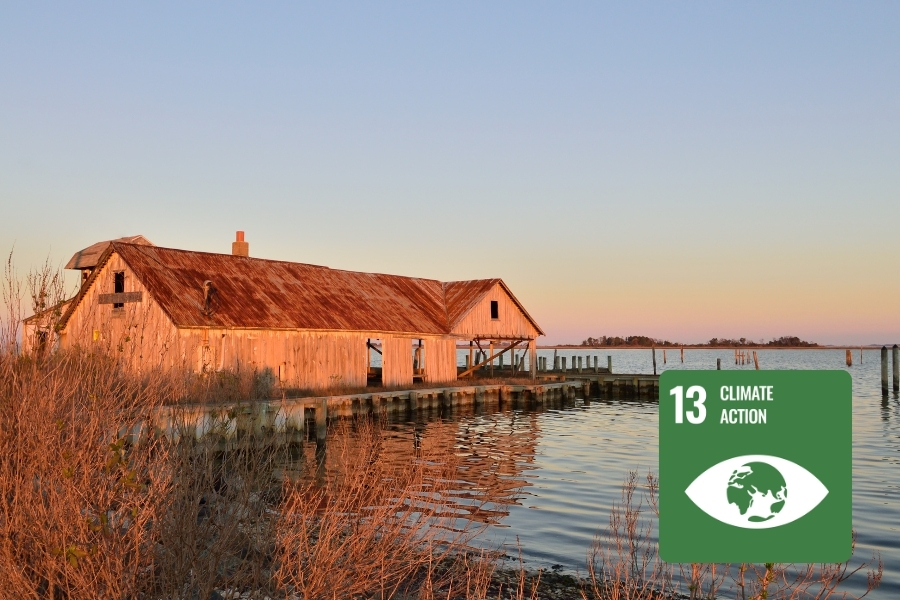
SDG #13: Climate Action
Chesapeake Bay
SDG #13: Climate Action
Chesapeake Bay
How might we use the lessons learned from the Chesapeake Bay to inform the care of our own natural environment?
Explore Our Thematic Virtual Immersions
Our thematic Virtual Immersion programs are global, project-based learning units facilitated by our team of coaches and instructors. Each immersion explores a theme through the lens of one or more global communities in the World Leadership School network. By interacting with local leaders and area experts, students see new perspectives, work on specific world case studies, and connect a global issue to something happening in their own community. Below are examples of some of our Virtual Immersion programs, each of which can be tailored to your classroom’s needs.
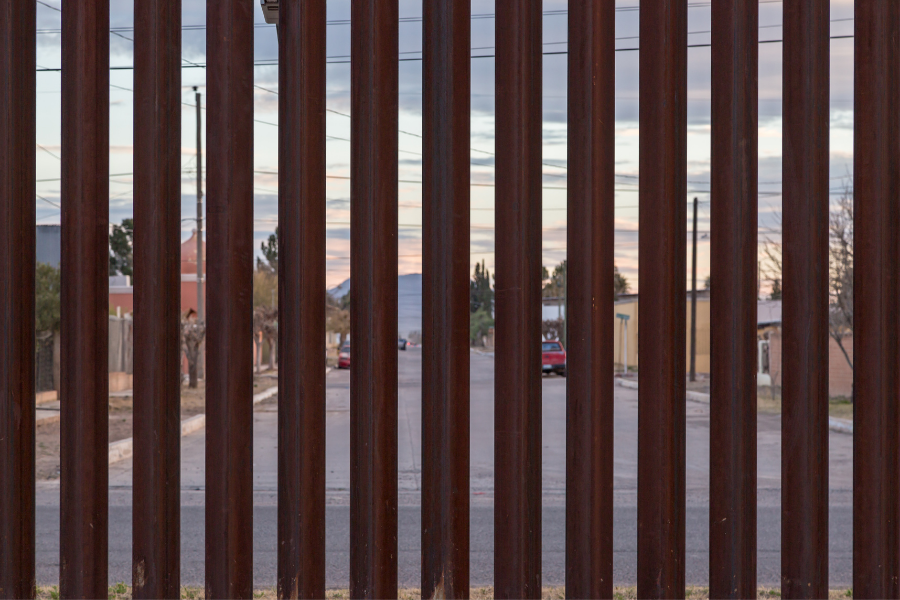
Examining Immigration through Border Stories
El Paso, Texas
Examining Immigration through Border Stories
El Paso, Texas
How might we explore the stories of immigrants in El Paso in order to better understand and support immigrants in our own communities?
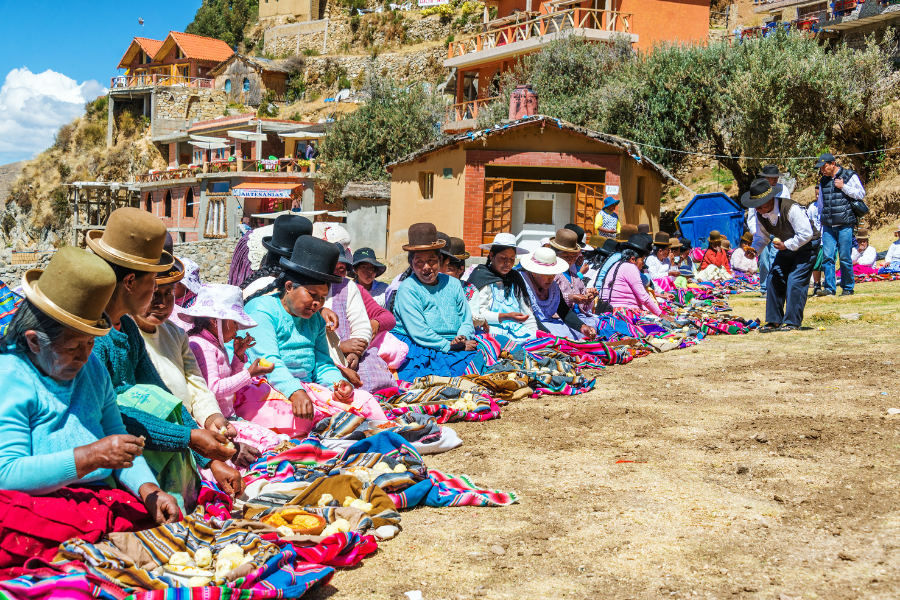
Indigenous Communities in our Current World
Multiple Locations
Indigenous Communities in our Current World
Multiple Locations
How can engaging in the cultures and traditions of indigenous communities build empathy and connection and global understanding?
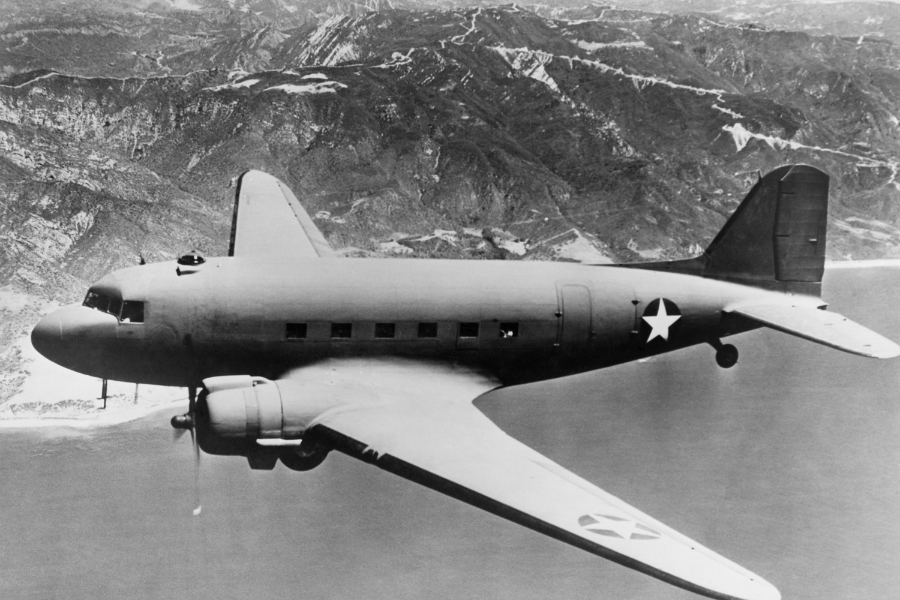
Examining Historical Perspectives of World War II
Tokyo, Japan
Examining Historical Perspectives of World War II
Tokyo, Japan
How can recognizing historical perspective in World War II help us acknowledge our own bias and become discerning consumers of history?

Three Branches of the Government's Tree
Washington, D.C.
Three Branches of the Government's Tree
Washington, D.C.
In such polarizing times, how can we create spaces and foster skills so that students can use civil discourse to explore the 2020 Presidential election and America’s biggest issues?
In such polarizing times, how can we create spaces and foster skills so that students can use civil discourse to explore the 2020 Presidential election and America’s biggest issues? This immersion experience provides a safe space for students to explore and engage in conversations around the 2020 Presidential Election. Students will learn about themselves and work to build an understanding of viewpoints that differ from their own. We’ll hear from politically diverse student leaders from across the country and delve deeper into topics that matter to us right now. With practice, students will be able to speak about critical issues with more confidence and more empathy. Their final project is a digital reflection of how their views have been challenged and developed over time.
- Session 1: Windows – community agreements, seeing past our biases, exploring perspectives
- Session 2: Issues: identifying and exploring current concerns
- Session 3: Barriers: What Threatens Our Democracy?
- Session 4: Battleground: What are party members fighting for and why? How have voter demographics and needs changed?
- Session 5: Town Hall Meeting: Students express the views of voters from across the country
- Session 6: Mirrors – Students share final reflection projects, make plans for road ahead
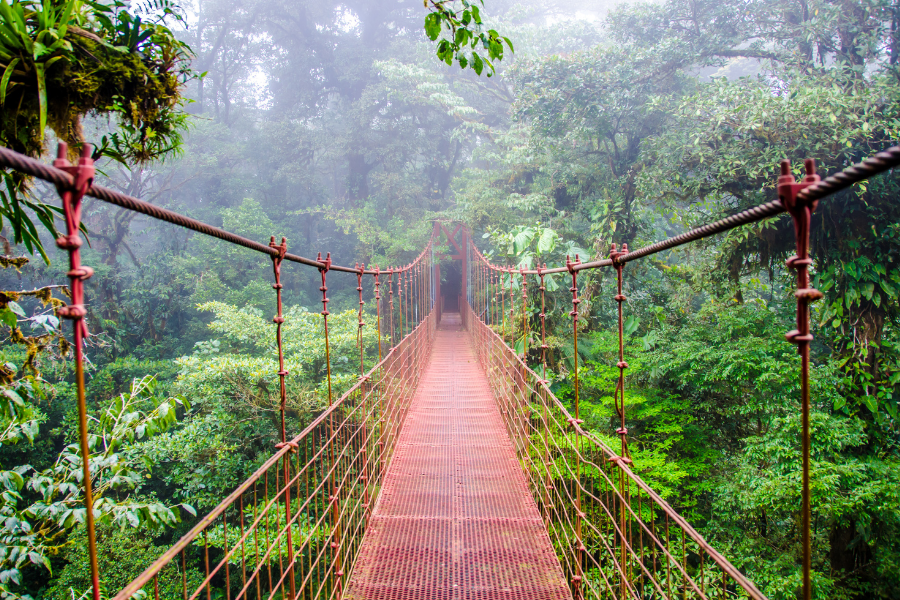
Costa Rica and the Rise of Ecotourism
Sarapiqui, Costa Rica
Costa Rica and the Rise of Ecotourism
Sarapiqui, Costa Rica
How can we use the lessons learned in Costa Rica to foster similar shifts to more responsible travel around the world?
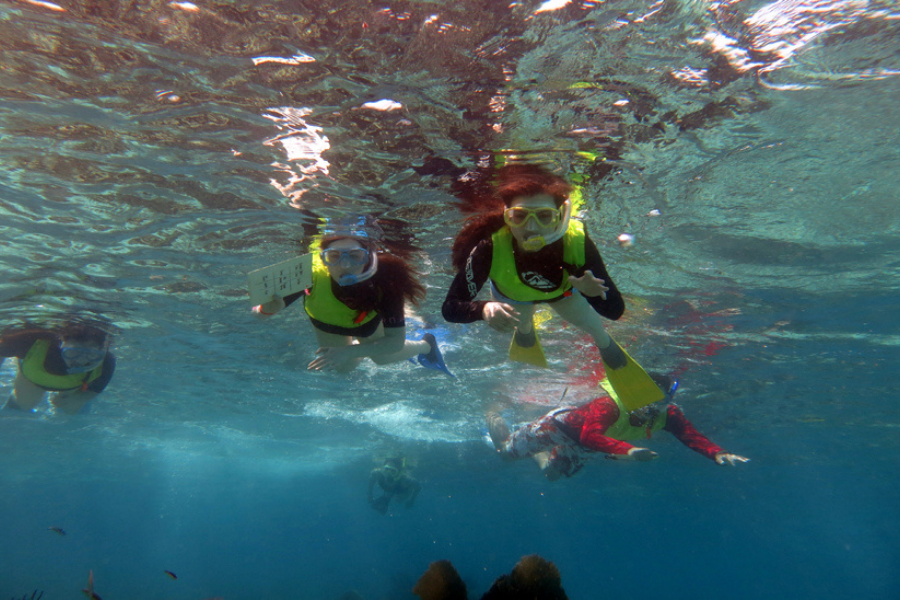
Snorkeling with Plastic, Not Fish
Tobacco Caye, Belize
Snorkeling with Plastic, Not Fish
Tobacco Caye, Belize
How can we evaluate the human impact on the Belize Barrier Reef and identify local actions that can impact its health?


 Explore WLS
Student travel locations
Explore WLS
Student travel locations
